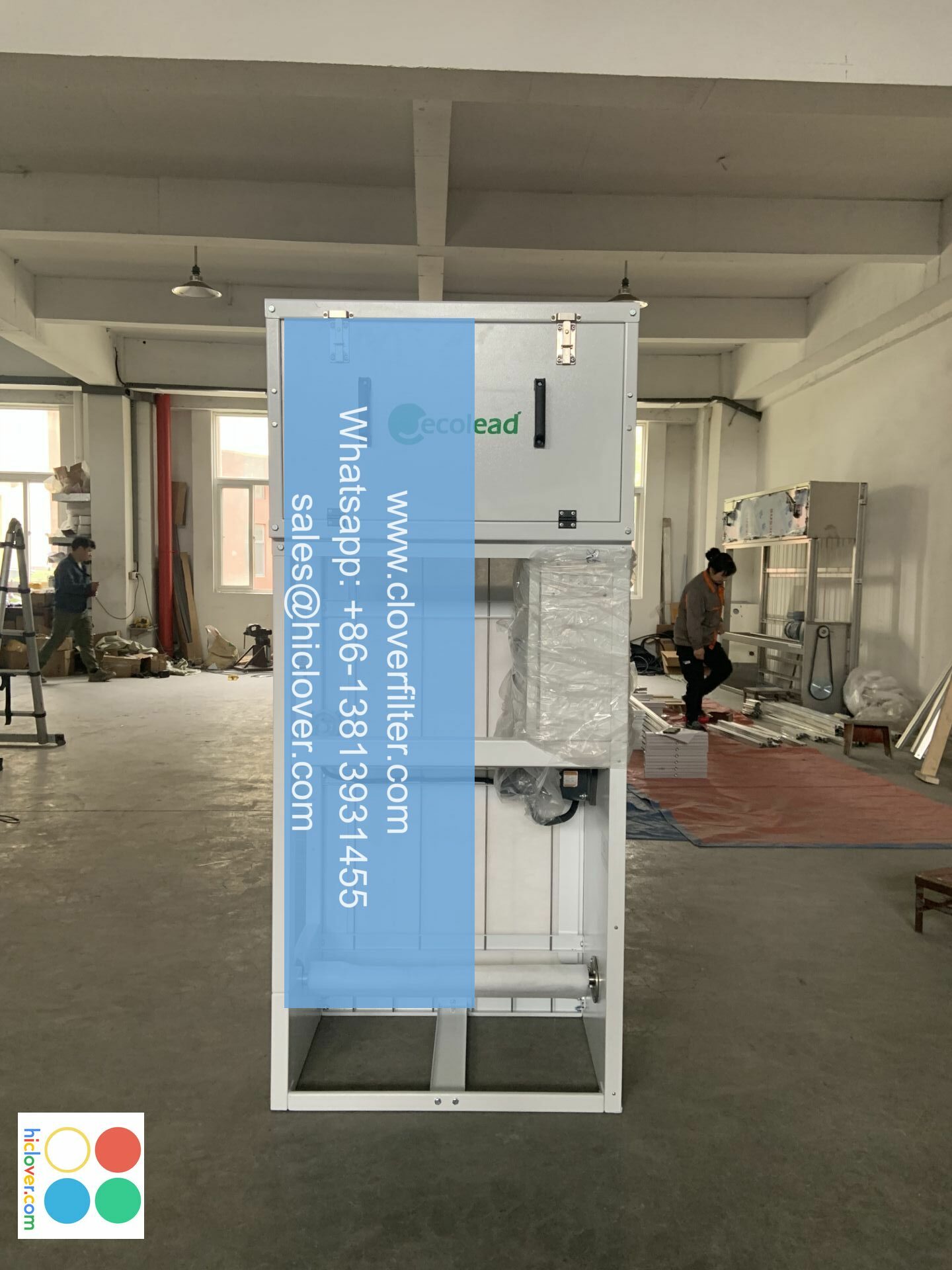Air Filter Basics: A Guide for Homeowners

As a homeowner, it’s essential to understand the importance of air filters in maintaining good indoor air quality. In this article, we’ll delve into the world of air filters, exploring their types, applications, and benefits. Whether you’re looking to improve your home’s air purification system or simply want to know more about HEPA filters and activated carbon filters, we’ve got you covered.
Types of Air Filters
There are several types of air filters available, each with its unique characteristics and applications. Some of the most common types include:
– Fiberglass filters: These are the most basic type of air filter and are often used in HVAC systems to protect the equipment from dust and debris.
– Pleated filters: These filters have a higher MERV rating than fiberglass filters and are more effective at capturing particulate matter and allergens.
– HEPA filters: These filters are designed to capture 99.97% of particles as small as 0.3 microns, making them ideal for allergy sufferers and asthma patients.
– Activated carbon filters: These filters are designed to capture odors and gases, making them perfect for kitchen ventilation systems and pet owners.
Applications of Air Filters
Air filters have a wide range of applications, from residential HVAC systems to commercial air purification systems. Some of the most common application areas include:
– Home air purification systems: These systems use air filters to remove pollutants and allergens from the air, improving indoor air quality.
– Vehicle air filtration systems: These systems use air filters to remove pollutants and odors from the air inside vehicles.
– Industrial air filtration systems: These systems use air filters to remove hazardous particles and gases from the air, improving workplace safety.
Benefits of Air Filters
The benefits of air filters are numerous, ranging from improved indoor air quality to increased energy efficiency. Some of the most significant benefits include:
– Improved health: By removing pollutants and allergens from the air, air filters can help reduce the risk of respiratory problems and allergic reactions.
– Increased energy efficiency: By reducing the amount of particulate matter in the air, air filters can help improve the efficiency of HVAC systems, reducing energy consumption and lowering utility bills.
– Extended equipment life: By protecting equipment from dust and debris, air filters can help extend the life of HVAC systems and other equipment.
Maintenance and Replacement
To ensure optimal performance, air filters need to be regularly maintained and replaced. Some tips for maintaining and replacing air filters include:
– Checking filters regularly: Check air filters every 1-3 months to ensure they are not clogged with dust and debris.
– Replacing filters as needed: Replace air filters every 6-12 months or as recommended by the manufacturer.
– Upgrading to high-efficiency filters: Consider upgrading to high-efficiency filters to improve indoor air quality and reduce energy consumption.
By understanding the basics of air filters and their applications, homeowners can make informed decisions about their indoor air quality and energy efficiency. Whether you’re looking to improve your home’s air purification system or simply want to know more about HEPA filters and activated carbon filters, we hope this guide has provided you with the information you need to breathe easy. You haven’t asked a question or provided any context. What would you like to talk about or ask? I’ll do my best to provide a helpful and direct response.

